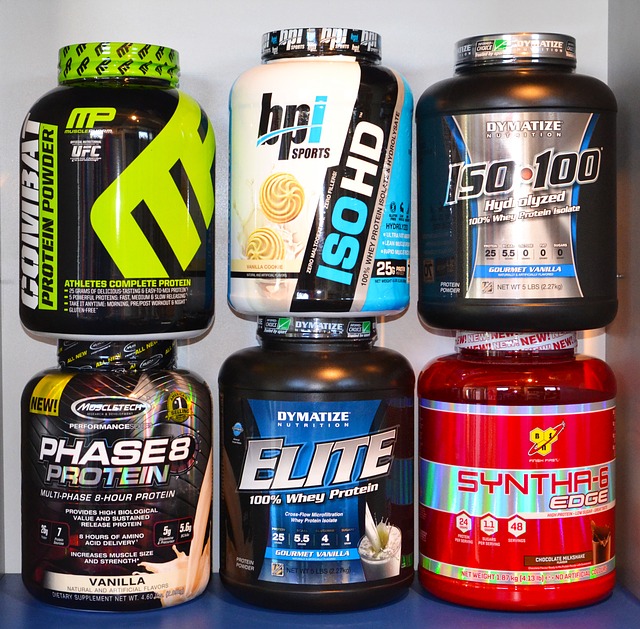https://www.youtube.com/watch?v=wIvgvhoLJX8
Protein is essential.
Whether you’re trying to add muscle to your frame or lose body-fat, you need to consume sufficient amounts of protein on a day-to-day basis. Sufficient, however, turns out to be much less than we think.
If you’re eating a balanced, nutrient-dense diet, protein shakes will not yield any additional benefit and may even become detrimental to your efforts inside the gym.
High Protein Diet and Testosterone
In a study by Volek et al. (1997) dietary protein consumption had an inverse relationship to serum testosterone. The more protein subjects ate, the lower their testosterone levels [unsurprisingly, bodybuilders frequently display rock-bottom T- levels].
Eating a high protein diet indirectly limits how much fat and carbohydrates you eat, and these macronutrients are the key players in hormone production, performance and well-being.
Once you’re trading in carbs and fats for more chicken breasts, protein shakes and other “bodybuilding foods” you’re setting yourself up for failure in the gym and the bedroom (“Not tonight honey, I’m not in the mood.”).
How much protein is too much?
According to the most comprehensive research we have to date, you only need around 0.8 grams of protein per pound of bodyweight (1.7 grams per kilogram) to maximize protein synthesis. And that’s if you’re involved in strenuous physical training.
You can go as high as 1 gram per pound of bodyweight, but more than that will only increase amino acid oxidation in your body, leading to gut problems and digestive distress.
Don’t believe me? Go to any fitness/ bodybuilding expo and take a peek inside the toilets… Case in point.
The Real Problem With Protein Shakes

The supplement industry is as shady as they come.
And with regulations looser than a Vegas stripper, you don’t really know what you’re getting for your money.
Products sold in health and supplement stores are frequently laced with cheap fillers, binders, and other questionable ingredients.
Countless manufacturers have been caught “spiking” their dirt cheap protein powders with even cheaper ingredients (i.e. glycine, taurine, leucine). Some of the tested products contained 50% less protein than was stated on the label! Let that sink in.
The consumer is left with less protein, undisclaimed ingredients and a hefty price tag. If that weren’t enough, some protein powders were also found to be contaminated with high levels of heavy metals (i.e. lead, mercury, arsenic).
Yes, there are black sheep in any industry, and I’m not implying every supplement company is guilty of the above. But why take a chance when you can easily meet your protein requirements through your diet alone. Using protein shakes as an occasional treat is fine, but they have no role in a performance diet.
Protein Shakes don’t build muscle, energy does.
You need energy to build muscle, not excess protein.
You need calories, not overpriced shakes and pixie-dusted supplements. Go ahead, shove as much protein in as you want, but fail to provide your body with sufficient energy, and you will not build an appreciable amount of muscle or strength.
Protein shakes don’t build muscle. They won’t increase strength or help you recover faster if your diet is somewhat decent. Ditch the shakes, eat 2-4 balanced meals a day with enough fats, carbs and protein for your individual needs and you will get the results you’re after.
Thank you for reading
Victor
Resources
Volek J, Kraemer W, Bush J, Incledon T, Boetes M. Testosterone and cortisol in relationship to dietary nutrients and resistance exercise. J Appl Physiol (1985). 1997;82(1):49-54.
Anderson K, Rosner W, Khan M, et al. Diet-hormone interactions: protein/carbohydrate ratio alters reciprocally the plasma levels of testosterone and cortisol and their respective binding globulins in man. Life Sci. 1987;40(18):1761-1768.
[…] used to be strictly opposed to drinking shakes. I now understand their […]